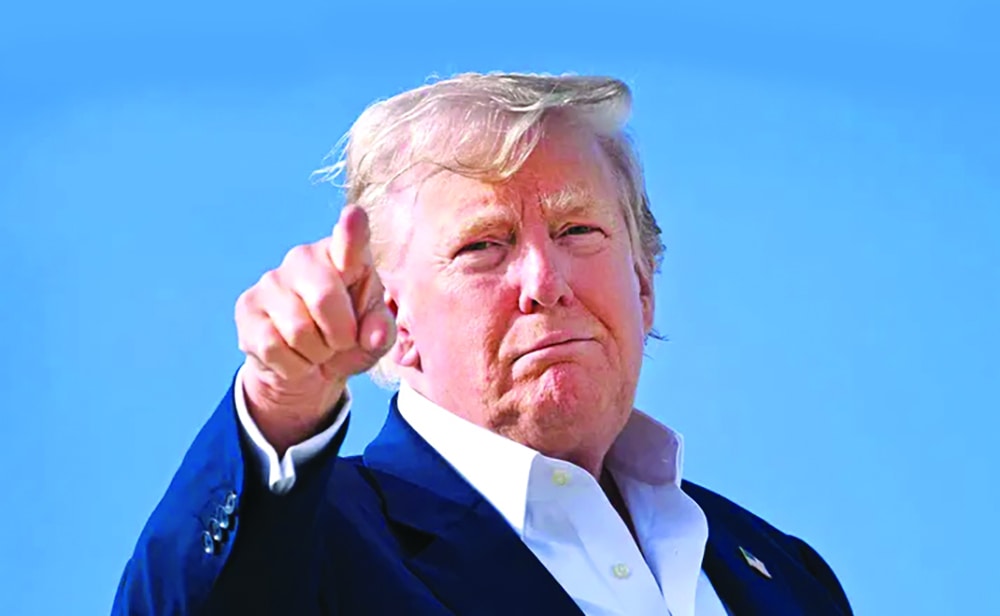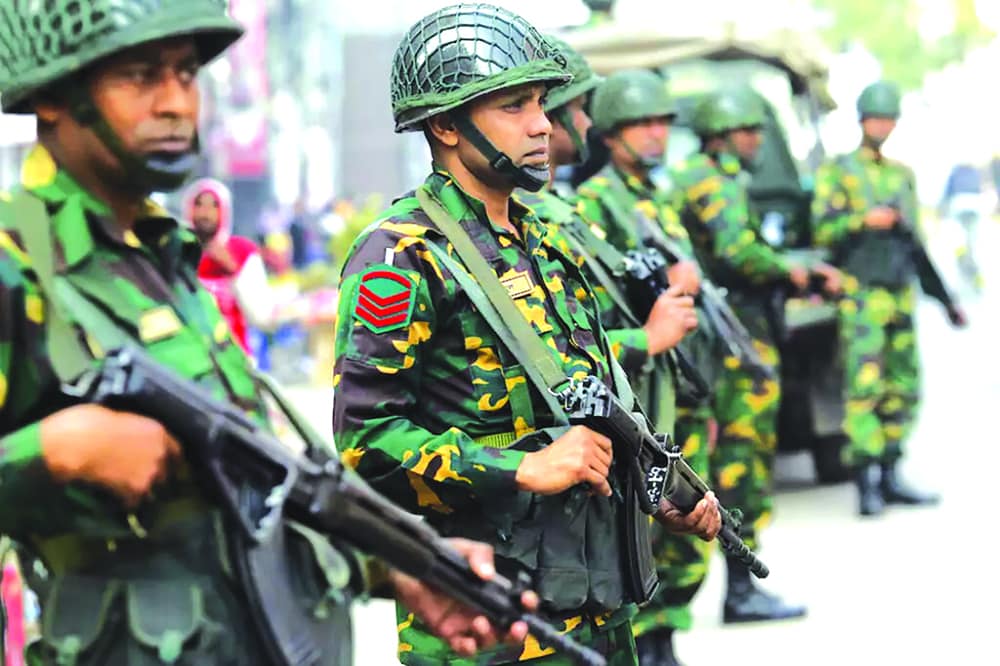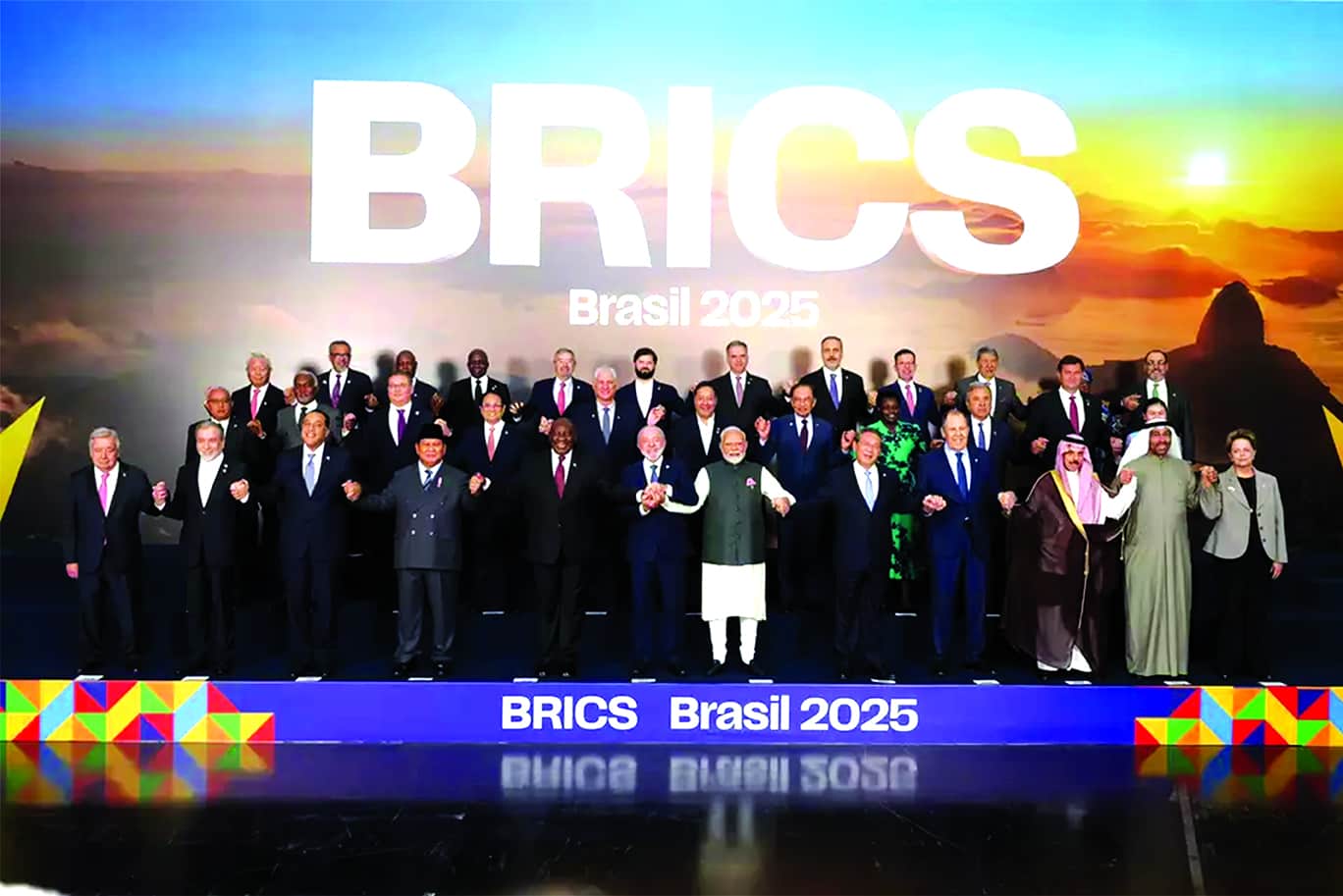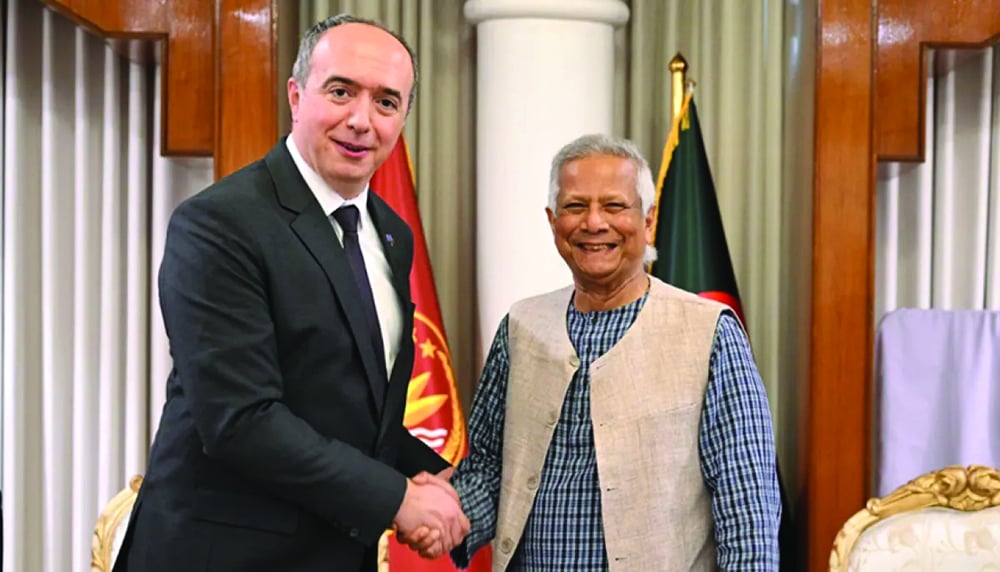Doha Strike:
Israel Targets Hamas Leaders in Unilateral Move, Sparks Diplomatic Fallout
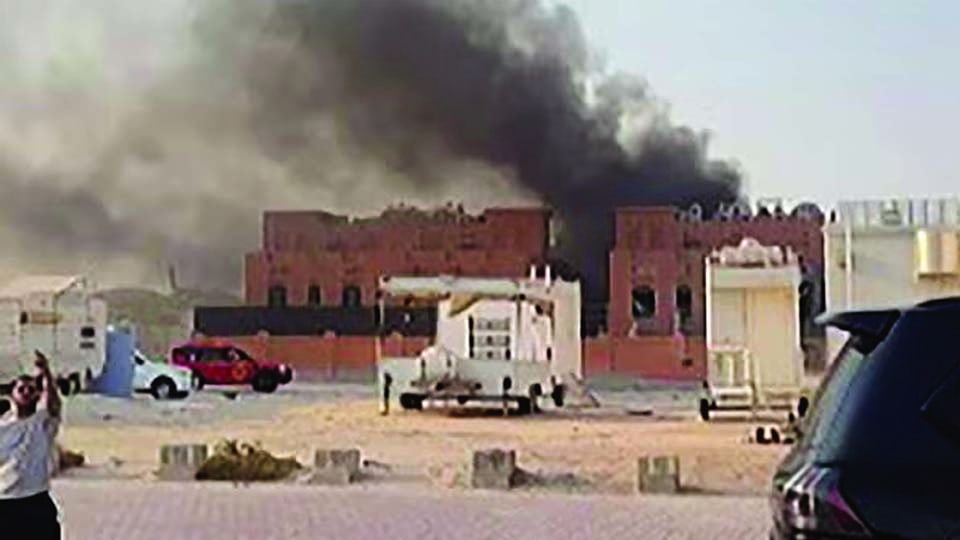
Air Vice Marshal (Retd) M Abul Bashar
Former Assistant Chief of Air Staff (Operations) at Air Headquarters, Currently a Research Director at the Osmani Centre for Peace and Security Studies
The IDF's strike in Doha, Qatar, which targeted Hamas leaders, has been widely condemned as a violation of international law and a breach of Qatar's sovereignty. This event has raised significant questions about the future of global security and power dynamics in the Middle East.
On September 9, 2025, the Israeli Defense Forces (IDF) conducted an airstrike in Doha, Qatar, targeting a meeting of Hamas leaders who were reportedly discussing a U.S.-backed ceasefire proposal for Gaza. While Hamas officials claim the top leadership survived, reports indicate that at least six people, including a Qatari security officer, were killed in the strike.
The attack was met with strong condemnation from Qatar, which called it "state terrorism" and a "blatant violation of all international laws and norms." Other countries, including Saudi Arabia, the UAE, Turkey, and Indonesia, also criticized the strike. The UN Security Council scheduled an emergency meeting to discuss the situation.
Israel has publicly claimed responsibility for the strike, stating it was a precise operation to eliminate Hamas leaders and a response to a recent shooting in Jerusalem. They have vowed to continue targeting Hamas leaders abroad.
The strike is a direct military action on another nation's sovereign territory, an act widely considered a violation of international law and the UN Charter. This is particularly significant because Qatar has been a key mediator between Israel and Hamas, and the strike is seen as an attempt to derail peace efforts. It raises the question of whether any nation, regardless of its role in diplomacy, is safe from unilateral military action.
The incident has led to a perception that Israel, with what some see as unwavering U.S. support, feels emboldened to operate with a lack of restraint or no restraint at all, challenging the established rules of engagement in the region and beyond. The attack raises the grim possibility of a future where military might outdoes international law and diplomacy. If a nation can strike a target in a third country without consequences, it sets a dangerous precedent for future conflicts.
The event has highlighted the limitations of U.S. influence in the region. U.S. officials expressed frustration that they were not given adequate warning by Israel, and the incident has strained Washington's relationship with its Gulf allies. This could lead Gulf states to diversify their partnerships further, moving closer to powers like China and Russia.
The attack also undermines the concept of a reliable international mediator. If a country like Qatar, which has a major U.S. military base and has been instrumental in hostage and ceasefire negotiations, is not safe from attack, it may discourage other nations from taking on such a role.
The public rhetoric from Saudi Arabia and other Gulf states condemning the attack is a reflection of their complex position. On one hand, they have an interest in regional stability and want to avoid a broader conflict that could threaten their economic and security interests. They also face pressure from their own populations, which are largely sympathetic to the Palestinian cause.
“How can we host Israeli representatives when they have committed this attack?” the prime minister of Qatar, Mohammed bin Abdulrahman al-Thani, asked the Security Council.Credit...Eduardo Munoz/Reuters
On the other hand, there is a history of behind-the-scenes cooperation between some Gulf states and Israel, particularly against their shared adversary, Iran. This has been formalized to some extent through the Abraham Accords. This cooperation is often driven by a mutual desire to counter Iran's influence and access to Israeli technology and security expertise.
The rhetoric is widely viewed as "eye wash," suggesting that while these states may publicly condemn Israel's actions, they are not willing to take concrete steps that would jeopardize their own strategic partnerships and security interests. The Doha strike, however, may be a wake-up call, as it demonstrates that Israel's actions could directly threaten their own stability, regardless of any quiet cooperation. It forces them to reassess whether their partnership with Israel is a net benefit or a growing liability.
The IDF strike in Doha is a major escalation that has sent shockwaves through the region and beyond. It highlights a potential shift in global security dynamics where a powerful state may act unilaterally, with limited concern for international norms or the sovereignty of other nations. This challenges the traditional role of diplomacy and raises serious questions about the long-term stability of the Middle East and the future of international relations. The response of the international community, and particularly of the key powers, will be crucial in determining whether this event becomes a new and dangerous precedent for global security.








